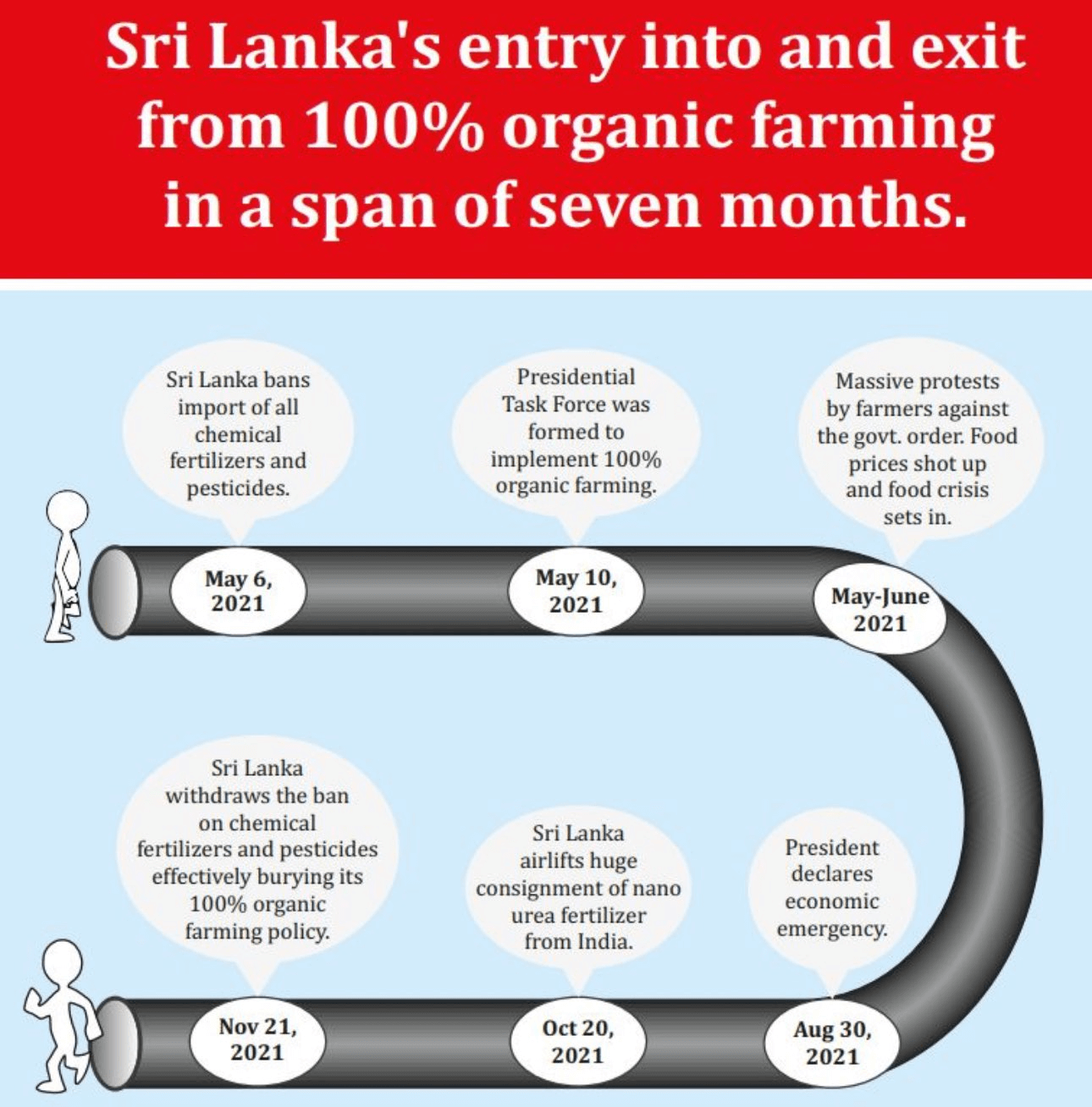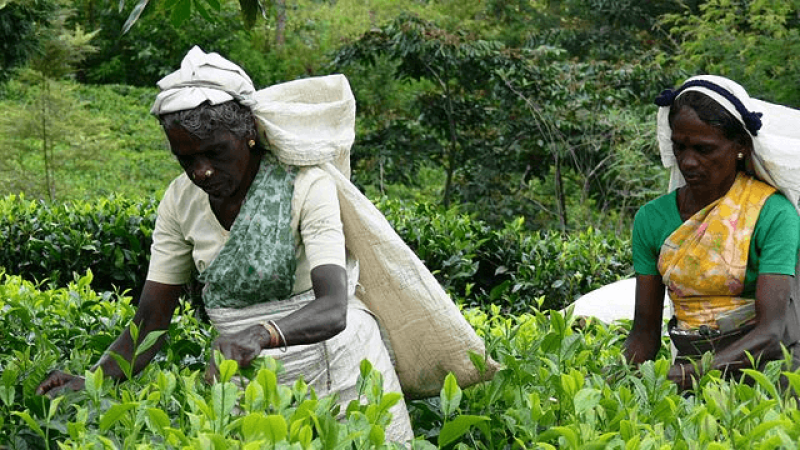The recent scenario of the food security collapse in Sri Lanka provides a poignant reminder of the importance of this decision-making process and the consequences of unacknowledged or unidentified misinformation. Sri Lanka responded to an unexplained health condition and a desire to enter a new sales market by swiftly transitioning to organic farming. However, this abrupt change led to the rapid collapse of Sri Lanka’s food supply, a significant decline in GDP, and hardships for both rural and urban communities. While the government eventually reversed its policy, Sri Lanka faced challenges in recovery.
The collapsed food security in Sri Lanka serves as a poignant case study that underscores the criticality of discerning between science and opinion in government decision-making, with a specific focus on the importance of combating disinformation. The adverse consequences of misinformation come to the forefront, especially where its pervasive presence can significantly hinder the early identification of pressing issues.
…
































